September 19 - 21, 2025
The Plains, VA
Kinloch Farm
Welcome to Soil Health Academy
Thank you for joining us for a one-of-a-kind immersive and eye-opening weekend that brings us all together to explore how regeneratively grown food nourishes our bodies, our land, and our communities.
Hosted at the beautiful Kinloch Farm in The Plains, Virginia, this event is more than a workshop—it’s a full-sensory journey into soil, flavor, and food. Over the next three days, you’ll enjoy field demonstrations, hands-on farming experiences, and expert-led panels.
See below for the full agenda and bios for our speakers.
Agenda
Friday, September 19
Setting the Stage: Our Living & Life-Giving Soil
4 PM Check-In/Registration
5 PM Introductions/Opening
6 PM Keynote
7 PM Casual BBQ & Social Hour
9 PM Adjourn
Saturday, September 20
Flavor, Nutrient Density, and Farm Discovery
7:30 - 8:30 AM Breakfast
8:30 AM Food as Medicine: Nutrient Density & Phytonutrients
9:30 AM From Soil to Gut Health: Soil Health Principles
10:15 AM Break
10:30 AM Real-Time Food Testing: Measuring Nutrient Density in the Foods We Eat
11:00 AM Panel: “Flavor, Nutrients & the Soil Connection”
12:00 PM Lunch
1:00 PM Soil Health Demos
2:00 PM Farm Tour
3:00 - 5:00 PM Hands-On Field Exercises
7:00 PM Farm-to-Table Dinner, “Healing Through Harvest”
9:00 PM Adjourn
Sunday, September 21
Reflection, Connections, and Goodbyes
8 - 9:00 AM Breakfast
9 AM Interactive Field Session
10 AM Getting Started with Regenerative Living
10:45 AM Break
11:00 AM Sourcing Regenerative Products: Practical guide for chefs, nutritionists, and home cooks
12:00 PM Adjourn with lunch
Keynote Speaker
Meet Kate Kavanaugh
Kate Kavanaugh is a writer, farmer, nutritionist, and butcher exploring the intersections of ecology, culture, biology, and economics. Through her work at Western Daughters Butcher Shop and her podcast Mind, Body, and Soil, she invites people to explore the connections between land, food, and culture. With a background in biology and agriculture, Kate brings scientific rigor and grounded storytelling to her work—whether she’s interviewing leading thinkers, raising animals on her New York farm, or writing about the deeper structures that shape our food system. She is devoted to building place-based knowledge and frameworks that challenge extractive models—offering, instead, a grounded vision of participation, interdependence, and repair to the stories we tell about our food system and beyond.
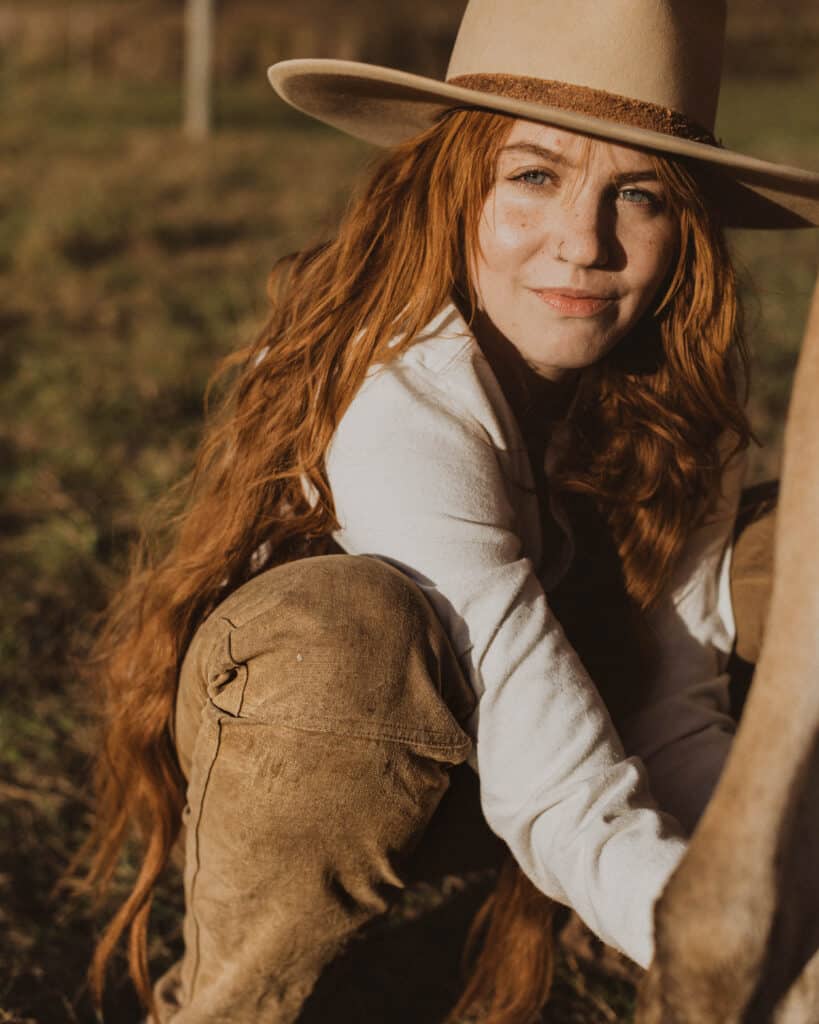
Meet the Panelists
Kate Kavanaugh
Kate Kavanaugh is a writer, podcast host, farmer, holistic nutrition and root cause coach, and co-founder of Western Daughters Butcher Shop. Through her work on her podcast and her farm, she explores the connections between land, food, health, and culture. With a background in biology and agriculture, Kate brings both scientific insight and storytelling to her mission of building a more regenerative and interconnected food system.
Ryan Ross
Ryan Ross is a private chef, culinary director for Middleburg Hospitality (VA), and a Food Network Chopped champion. A Certified Health and Wellness Coach, she combines her expertise in nutrition and sustainable cooking with experience as a cookbook author, culinary stylist, and consultant.
Mike Peterson
Mike Peterson is the Farm and Conservation Director at Kinloch Farm, overseeing over 3,000 acres of protected farmland in Virginia’s Piedmont. He leads regenerative grazing and conservation practices that enhance soil health, biodiversity, and carbon sequestration while strengthening connections between communities, farmers, and the land.
Garrett Heydt
Garrett Heydt, along with his wife Isabelle, runs Rucker Farm in Central Virginia, raising pastured beef, pork, and poultry with a focus on soil health, regenerative practices, and nutrient-dense food.
Meet the Instructors
About the Host Farm
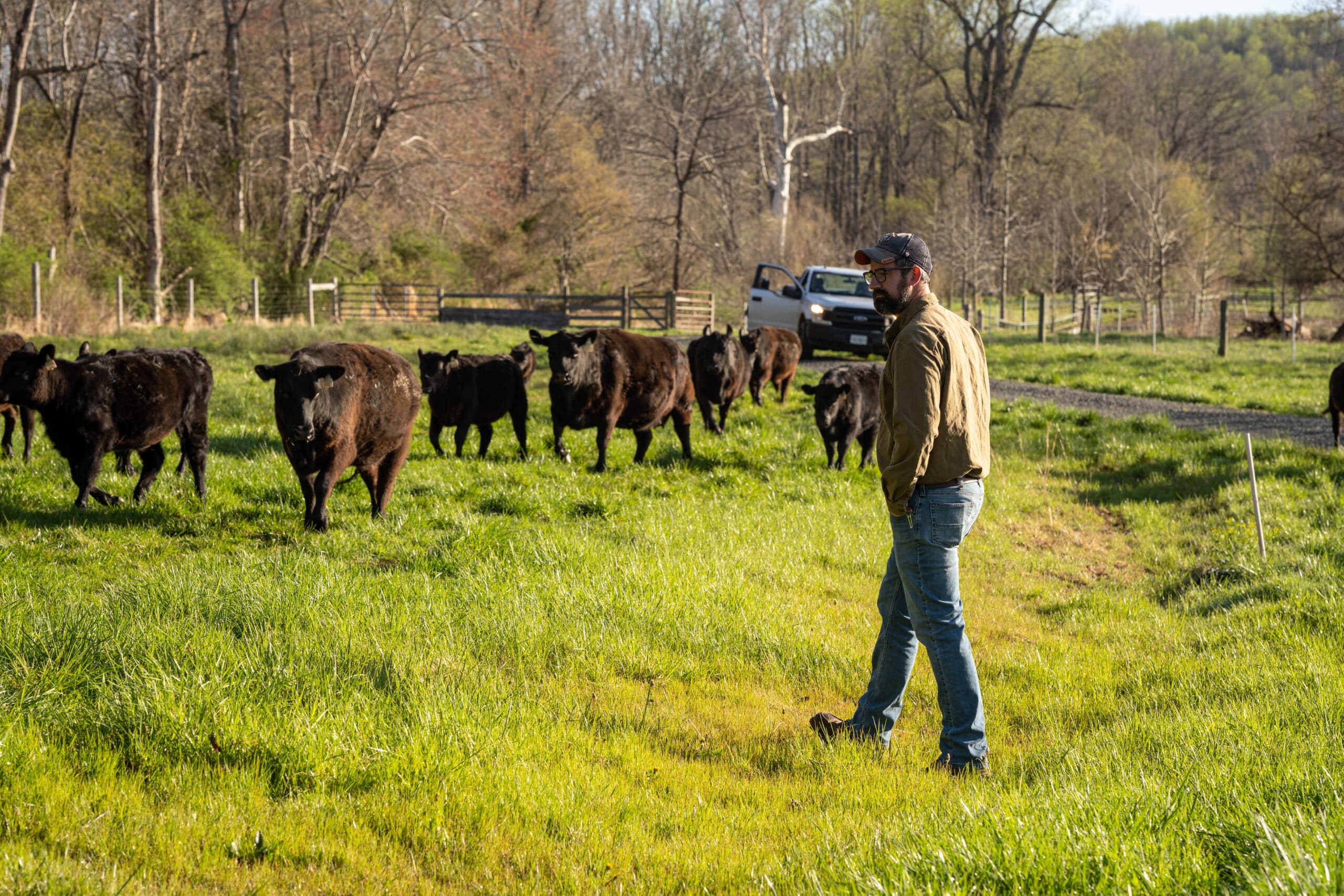
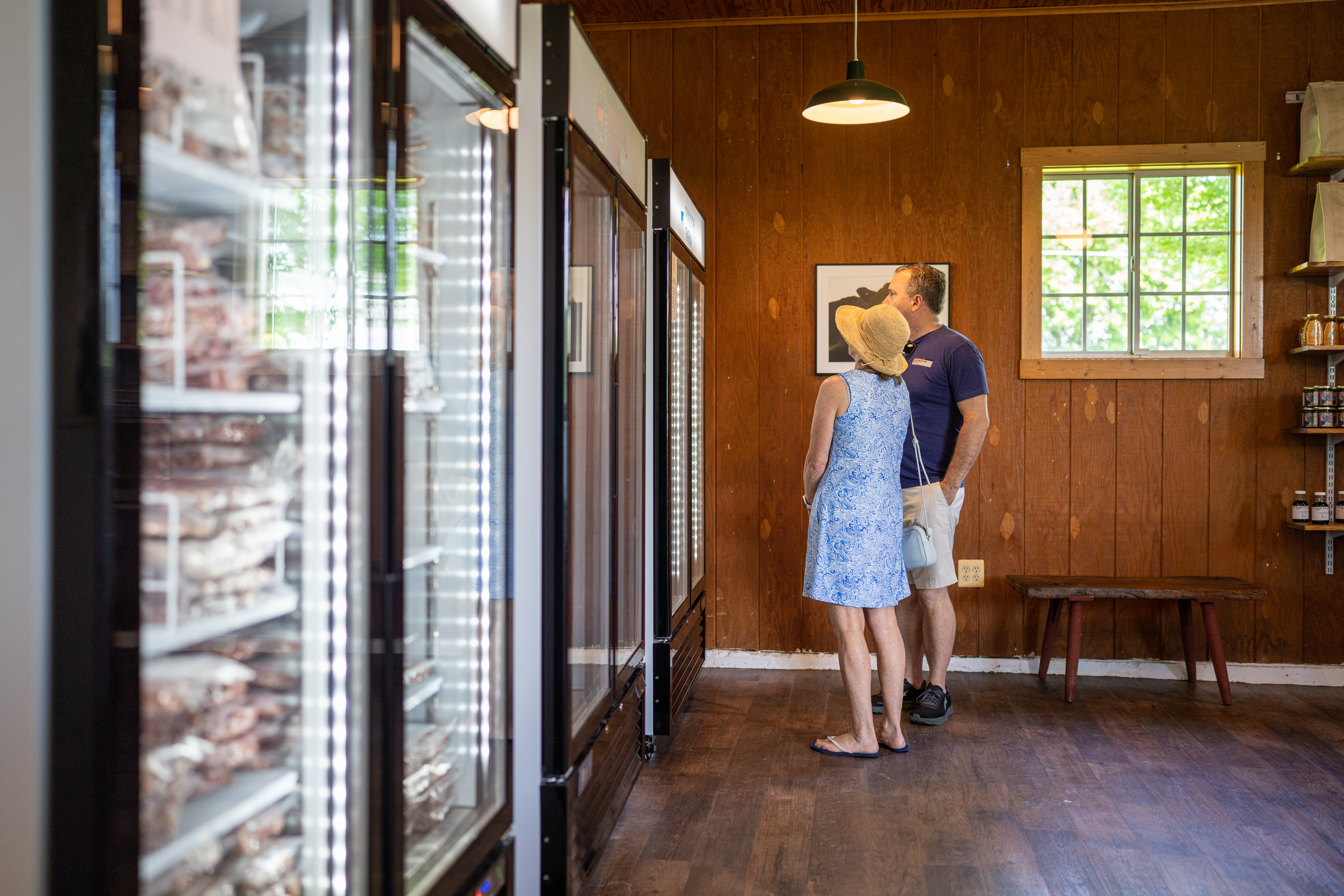
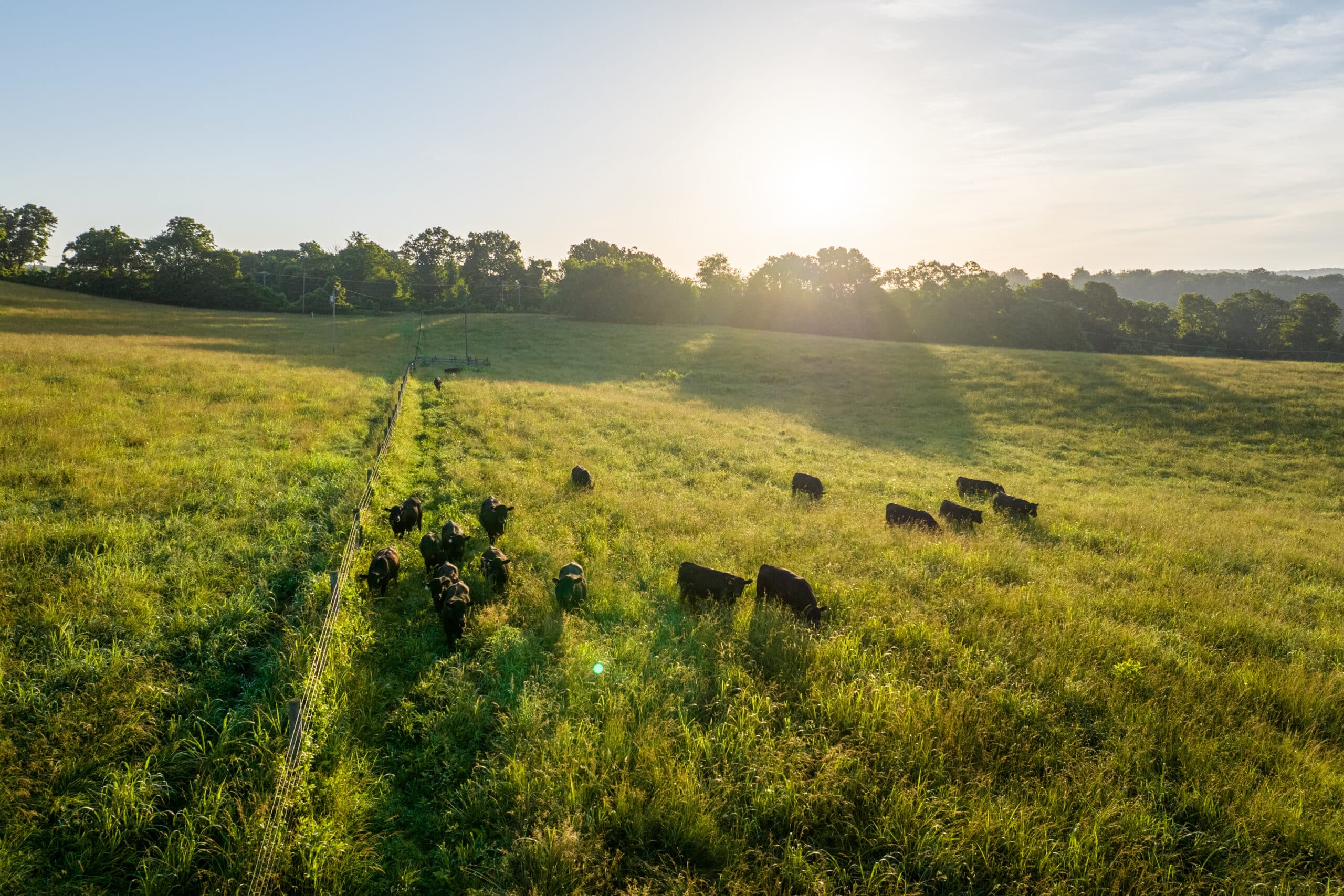
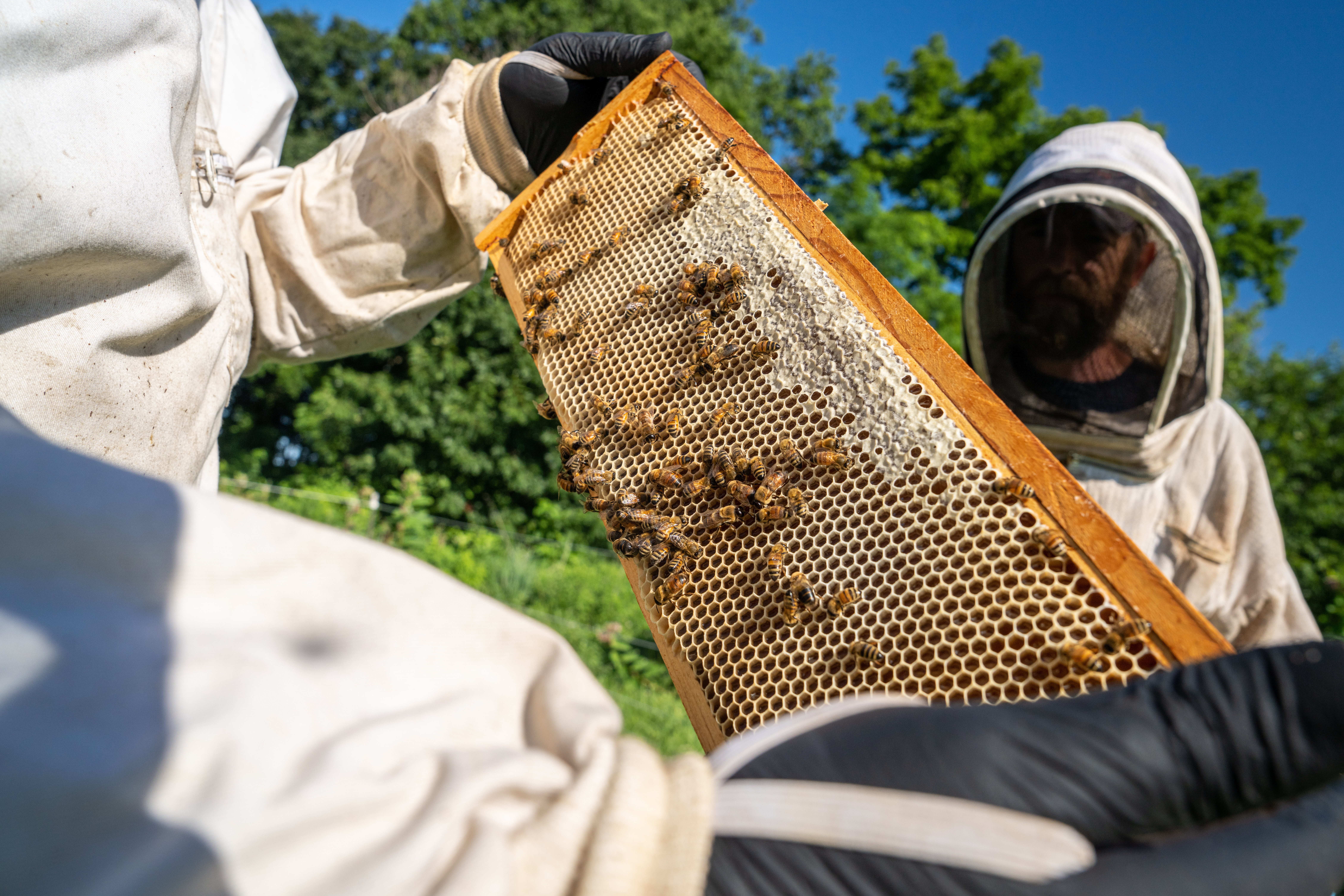
Encompassing over 3000 acres of protected and historic farmland in Virginia’s Piedmont, Kinloch Farm operates at the intersection of agriculture and conservation. We believe these two activities are intertwined, which is why we pursue regenerative and adaptive management principles designed to support ecological processes and outcomes across our farm.
Through our management in our grasslands, savannas, riparian areas, and wetlands, we promote native species diversity, wildlife and pollinator habitat, refuge and nesting ground for migratory grassland birds, health and vitality of our waterways, as well as carbon sequestration. We quantify this work through our research partnerships with local, regional, and national organizations.
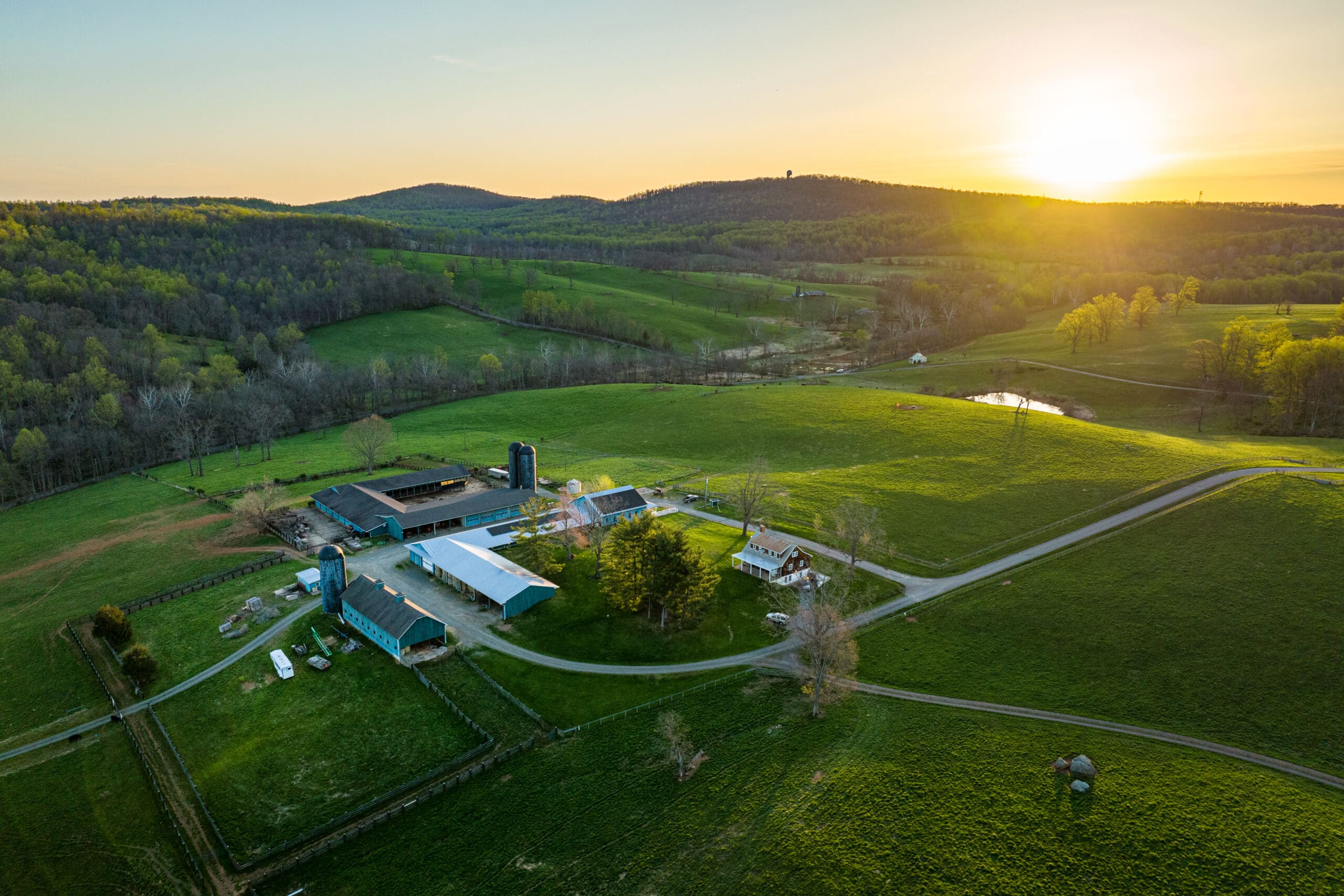
We pursue adaptive grazing practices with our cattle that are bred to consume Virginia forages and produce an outstanding animal. The grazing herd regenerates our land by improving soil microbiology, increasing water retention, storing carbon, and promoting a diversity of forages in our system. We operate in a system of patience, observation and adaptation.
Today, the third generation of Curriers are enthusiastically engaging in the family legacy with a retail market for Kinloch grassfed beef, honey and other locally grown foods. They are supported in this effort by a team of long tenured professionals in the fields of agriculture, conservation and business. With decades of investment in Kinloch’s land, animals and people and a strong sixty year relationship in the Piedmont, we are committed to bringing our relationship even closer in the goal of sharing our heritage with our Piedmont community.



